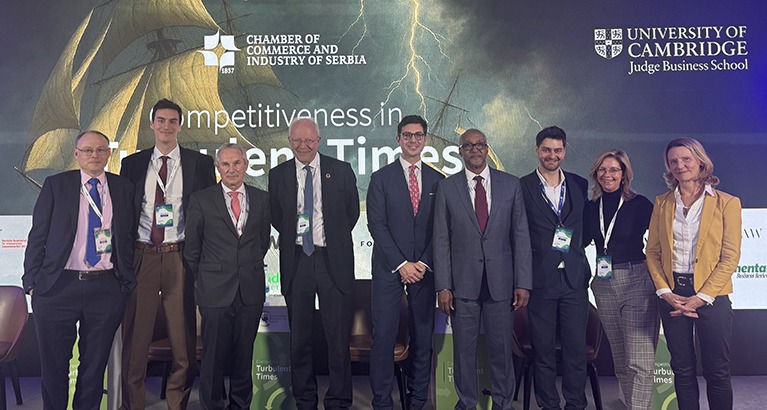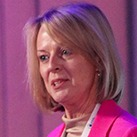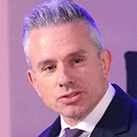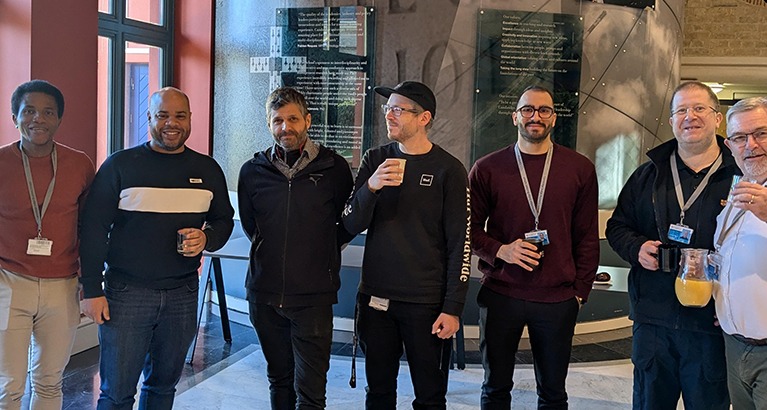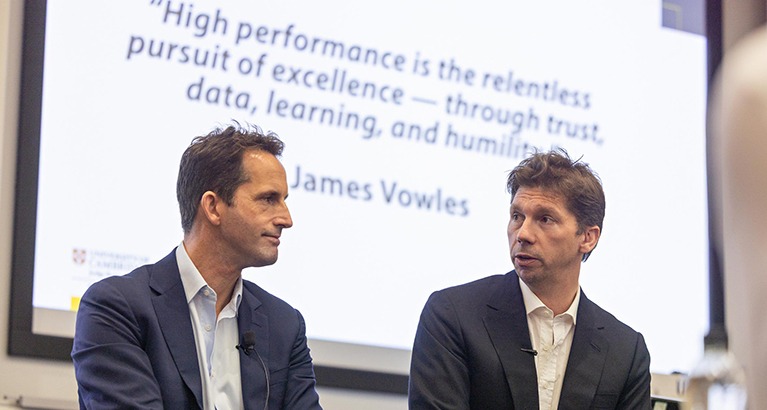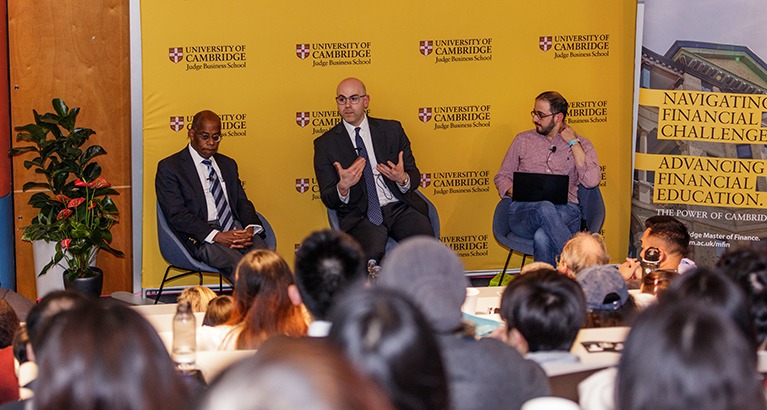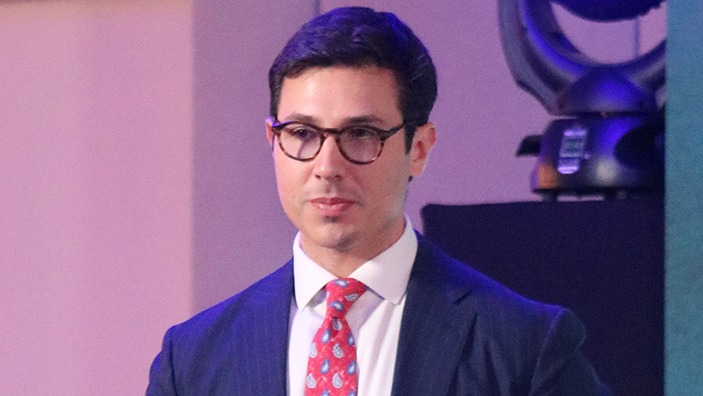
The Forum, whose theme was Competitiveness in Turbulent Times, was organised by the Global Forum for Sustainable Development with the support of the Chamber of Commerce and Industry of Serbia and Cambridge Judge. Participants included representatives of companies, international institutions, universities, embassies and other organisations involved in sustainability issues.
Kosta Živanović, President of the Sustainable Development Forum and Cambridge Judge alumnus, said this year’s theme focused on resilience amid rapid political and technological change: “It is my pleasure to note that the Sustainable Development Forum 2025 has become a well-established gathering on the local scene. Through bilateral meetings, panels, networking sessions, and presentations, the public, private, and academic sectors have the opportunity to exchange ideas and find concrete solutions to sustainability challenges – both globally and locally.”
Cambridge Judge presentations focus on circular economy, food waste and energy
Keynote speeches were delivered by 3 Cambridge Judge faculty members: Khaled (Khal) Soufani, Management Practice Professor of Financial Economics and Policy and Director of the Circular Economy Centre, Lucia Reisch, Director of the El-Erian Institute of Behavioural Economics and Policy, and Michael Pollitt, Professor of Business Economics.
Khal outlined how a circular economy contributes to improving productivity, creating new jobs and encouraging innovation, and has the potential to enhance economic security by reducing reliance on new materials and fragile supply chains. This can shift society from a linear take-make-consume-waste model to one that prioritises using longer, using again, using differently and using less. This shift will lead to more stable production costs, increased competitiveness and resilience against market volatility and price fluctuations.
Lucia addressed how food waste is an issue that needs to be solved in order to build a more sustainable world. She outlined how food waste, if it were a country, would be the third largest greenhouse gas emitter in the world. She cited the UK Climate Change Committee, which said that “62% of the necessary emissions reductions in the UK depend on behaviour, particularly adaptation of new technologies and products, but also changes in lifestyles, including eating less meat and wasting less food.”
Michael addressed the question of the energy trilemma: can we have competitive energy prices, a secure energy system and decarbonise? There are signs of hope that this is possible, as we are now seeing 2 institutional arrangements which could promote the use of clean energy being tested at scale: the EU single electricity market shows how a wide-area electricity market can allow the sharing of wind and solar electricity resources, while the EU Emissions Trading Scheme for carbon emissions shows how nations can work together to control the quantity of greenhouse gas emissions.
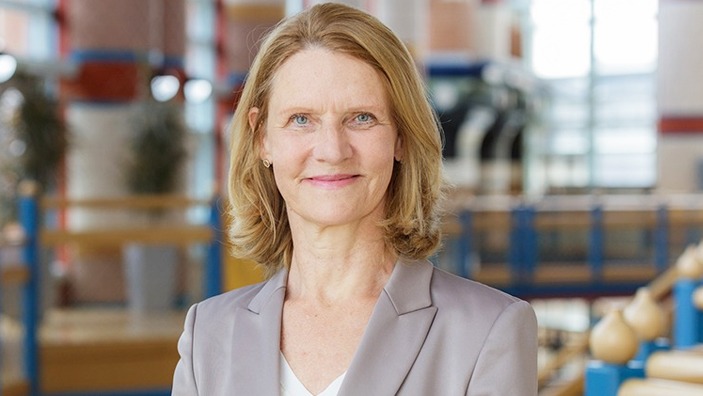
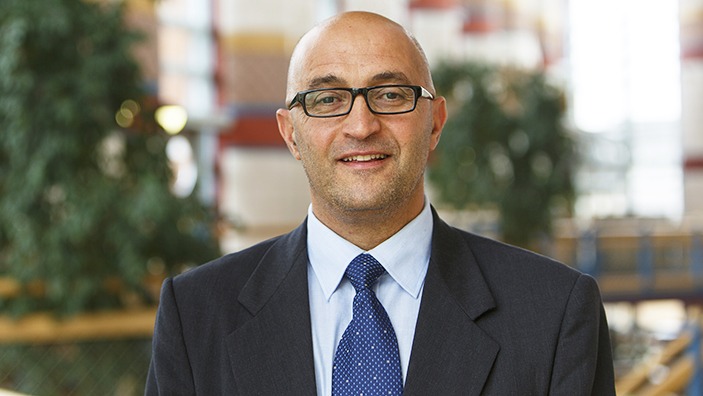
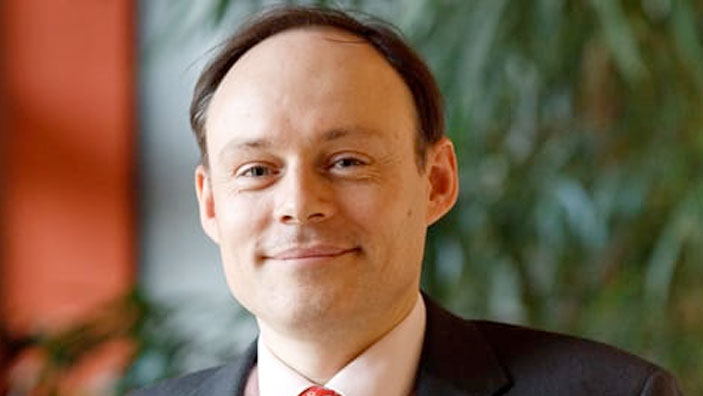
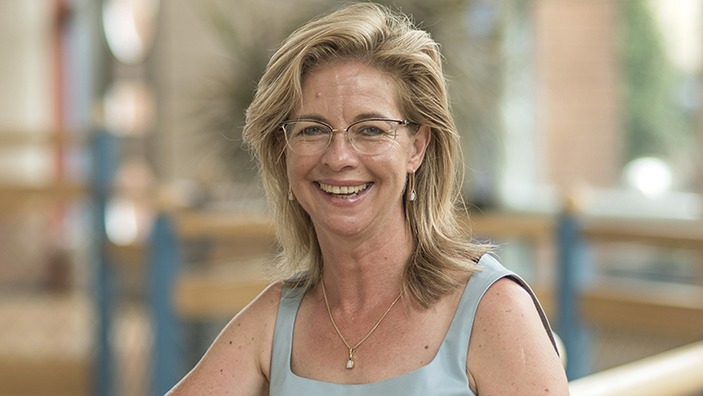
Sharing cutting-edge research and real-world cases
Tracey Horn (EMBA 2022), Director of Corporate Communications and Marketing at Cambridge Judge, participated in a Green Jobs for Youth panel, which focused on how universities and business schools can help shape the next generation of changemakers.
“Cambridge Judge Business School was delighted to co-sponsor the 2025 Sustainable Development Forum conference,” she said in closing remarks. “A multi-stakeholder group of business leaders, policymakers, academics and NGOs shared cutting-edge research, real-world case studies, and future-ready innovative solutions as a catalyst for sustainable growth in these current turbulent times. An impressive and uplifting two days, the Forum forged cross-sector collaboration to accelerate the action required on the Sustainable Development Goals.”
Other panels at the Forum included such topics as Feeding the Future: Resilience, Security, and the Next Agricultural Revolution and The Energy Paradox: Can We Compete, Decarbonise and Stay Secure?
Forum speakers and moderators came from government, industry and NGOs
If companies want to remain competitive today, they must actively engage in sustainability.
Other voices included:
HE Charlotte Sammelin, Ambassador of Sweden to Serbia: “It is crucial that sustainability remains at the top of our priorities, and the Sustainable Development Forum is a great opportunity to make that happen. If companies want to remain competitive today, they must actively engage in sustainability – not only because energy resources are limited, but because long-term success depends on it. The business sector should think about how to strengthen collaboration with other actors, and this event makes that possible.”
decarbonisation is currently one of the most important challenges for Serbia’s economy within the broader green transition.
Dr Radman Šelmić, Advisor to the President of the Chamber of Commerce and Industry of Serbia for Green and Circular Economy. He noted that decarbonisation is currently one of the most important challenges for Serbia’s economy within the broader green transition, and pointed out that Serbia has already taken significant steps including new a new legislative proposal to introduce a tax on greenhouse gas emissions.
Andrea Radonjić, Head of Regulatory and Public Affairs for Eastern Europe at Tetra Pak: “The Sustainable Development Forum is a valuable opportunity for representatives from science, business, and institutions to come together and discuss how sustainability and the circular economy can become the foundation of long-term growth.”
Maja Turković, Executive Vice President of CWP Europe: “What makes the Sustainable Development Forum unique is its exceptional format, which brings together academia, business, and decision-makers. This collaboration allows science and innovation – as carriers of new ideas – to find real-world applications and create the basis for informed decisions and models leading to sustainable development and a more responsible use of resources.”
Featured faculty
Khaled Soufani
Management Practice Professor of Financial Economics and Policy


